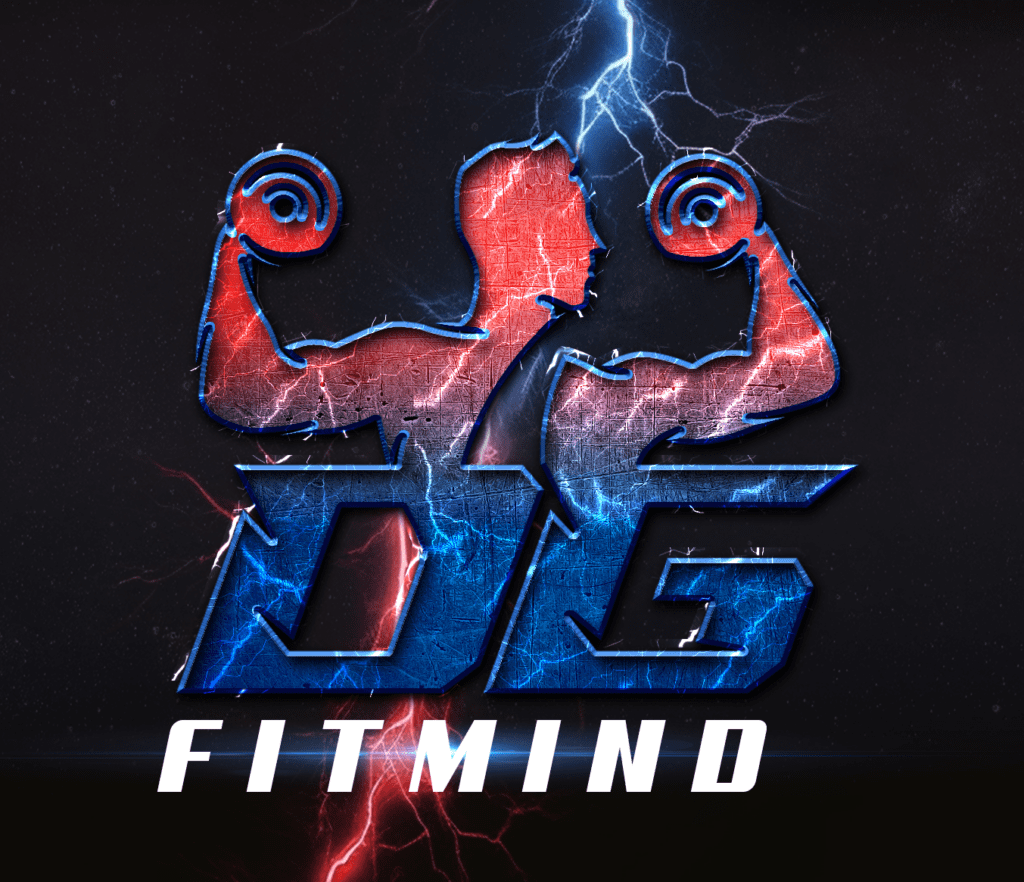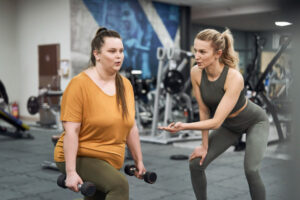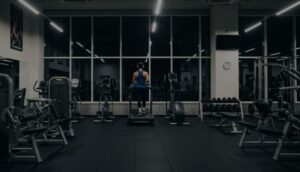A body building coach designs your training plan, teaches proper technique, manages nutrition guidance, and helps you progress efficiently. They are most useful for beginners, anyone stuck at a plateau, or lifters preparing for physique goals who want structure and accountability.

What a Body Building Coach Actually Does
A body building coach provides a structured, science-based approach to strength, muscle growth, and physique development.
Core Responsibilities
Custom training programming: exercises, volumes, sets, reps, progression
Technique coaching: form correction, cueing, injury prevention
Muscle-building strategy: managing intensity, tempo, rest, and overload
Nutrition guidance: basic structure aligned with muscle growth goals
Accountability: weekly check-ins, habit tracking, motivation
Plateau solving: adjusting training when progress stalls
For competitors: stage conditioning, posing guidance, peak week planning
A good coach helps you avoid guesswork, fatigue mismanagement, and common beginner errors.
Do You Need a Body Building Coach? (Beginner → Advanced)
Beginners
A coach is especially helpful if you:
Don’t know how to start
Want clear structure and correct technique
Want faster progress with minimal mistakes
Need guidance with exercise selection
Beginners usually gain the most value because early habits shape long-term progress.
Intermediate Lifters
A coach helps you when:
Progress slows
You’ve hit a strength or size plateau
You need advanced programming changes
You want more muscle symmetry and targeted growth
Intermediates benefit from professional adjustments that are hard to self-prescribe.
Advanced Lifters / Competitors
A coach helps refine:
peak week planning
conditioning
posing practice
weight cuts or recomposition
advanced training periodization
Even advanced lifters use coaches for objective feedback.
Benefits of Working With a Body Building Coach
Faster muscle growth through structured overload
Better form and safer technique
Consistent progress without plateaus
Program personalization based on your goals
Clear direction instead of conflicting advice
Accountability and motivation
Better recovery management
A coach provides clarity, efficiency, and long-term sustainability.
How Much Does a Body Building Coach Cost?
Prices vary based on experience, communication frequency, and level of service.
Typical Ranges
Online coaching: lower to moderate monthly cost
In-person coaching: session-based rate
Competition coaching: premium due to complexity
Factors impacting cost:
Experience level
Training frequency
Customization depth
Goal type (general fitness vs competition prep)
Beginners usually don’t need advanced or premium-level packages.
Online vs. In-Person Body Building Coaching
Online Coaching
Pros
More affordable
Flexible schedule
Frequent check-ins possible
Written programs and video feedback
Cons
No hands-on spotting
Requires self-motivation
Form feedback depends on video uploads
In-Person Coaching
Pros
Real-time technique correction
Better for beginners needing hands-on guidance
More detailed in-session cues
Cons
Higher cost
Scheduling limitations
Best for total beginners: in-person
Best for motivated lifters: online
How to Choose the Right Body Building Coach
Key Qualities to Look For
Experience working with your goal type
Clear communication style
Evidence-based programming
Ability to explain techniques simply
Personalized plans (not copy-paste templates)
Ability to adjust programs when needed
Emphasis on safety and sustainable progress
Important Questions to Ask
How do you structure progression?
How often do we communicate?
How do you monitor technique?
What results can I realistically expect?
Red Flags
Avoid coaches who:
Promise extreme, fast results
Use one-size-fits-all programs
Push unsafe or extreme dieting
Don’t teach proper form
Don’t answer questions clearly
Don’t track progress
A good coach will encourage sustainable, safe growth.
Signs a Body Building Coach Is Worth It
You should feel:
Stronger week by week
More confident with form
More structured and focused
Consistent with training
Able to understand what and why you’re doing each exercise
The right coach improves every part of your training experience.
Alternatives If You’re Not Ready for a Coach
You can still make progress by mastering the basics:
Training Fundamentals
Compound lifts first
8–15 rep range
2–4 sets per exercise
60–90 seconds rest
Increase weights slowly over time
Perfect form before heavier loads
Beginner-Friendly Approach
Full-body training 2–3x per week
Focus on technique
Track weights and reps
Self-Assessment Tools
Filming your form
Tracking weekly volume
Recording rest times
These fundamentals can take you far until you’re ready for coaching.
Sample Beginner Body Building Plan (Coach-Style)
This routine mirrors the structure a coach would give a beginner.
Full Body Workout — 3 Days per Week
Day A
Squat — 3 × 8–10
Dumbbell Press or Push-Up — 3 × 8–10
Row Variation — 3 × 10–12
Romanian Deadlift — 3 × 8–10
Plank — 2 × 20–30 sec
Day B
Hip Hinge (light) — 3 × 10
Incline Push-Up — 3 × 10
Lat Pull or Row Variation — 3 × 10
Split Squat — 3 × 8–10 each leg
Dead Bug — 2 × 6–8 each side
Progression Method
Every 1–2 weeks:
Add 1–2 reps OR
Add slight resistance OR
Add one total set
Keep form strong before progressing.
FAQs
What does a body building coach do?
They create a personalized training plan, teach technique, and help you progress safely and efficiently.
Do beginners need a body building coach?
Beginners benefit greatly because they learn correct form and build foundational habits faster.
Is a body building coach different from a personal trainer?
Yes. A body building coach focuses on muscle growth, physique development, and structured progression.
Can online coaching be effective?
Yes, especially if you can follow videos, send form clips, and stay self-motivated.
Do coaches help with advanced periodization?
Yes, they adjust volume, intensity, frequency, and recovery across training cycles.
Do coaches manage peak week?
Coaches experienced in competition prep can help plan safe conditioning strategies.
Myth-Busting
“You only need a coach if you compete.”
False, beginners and intermediates benefit the most.
“A coach guarantees fast results.”
False, your effort and consistency still determine progress.
Conclusion
A body building coach can speed up your progress, fix technique errors, create structured programs, and keep you accountable. Whether you’re completely new, stuck at a plateau, or chasing a more advanced physique goal, the right coach provides clarity, direction, and long-term results.






